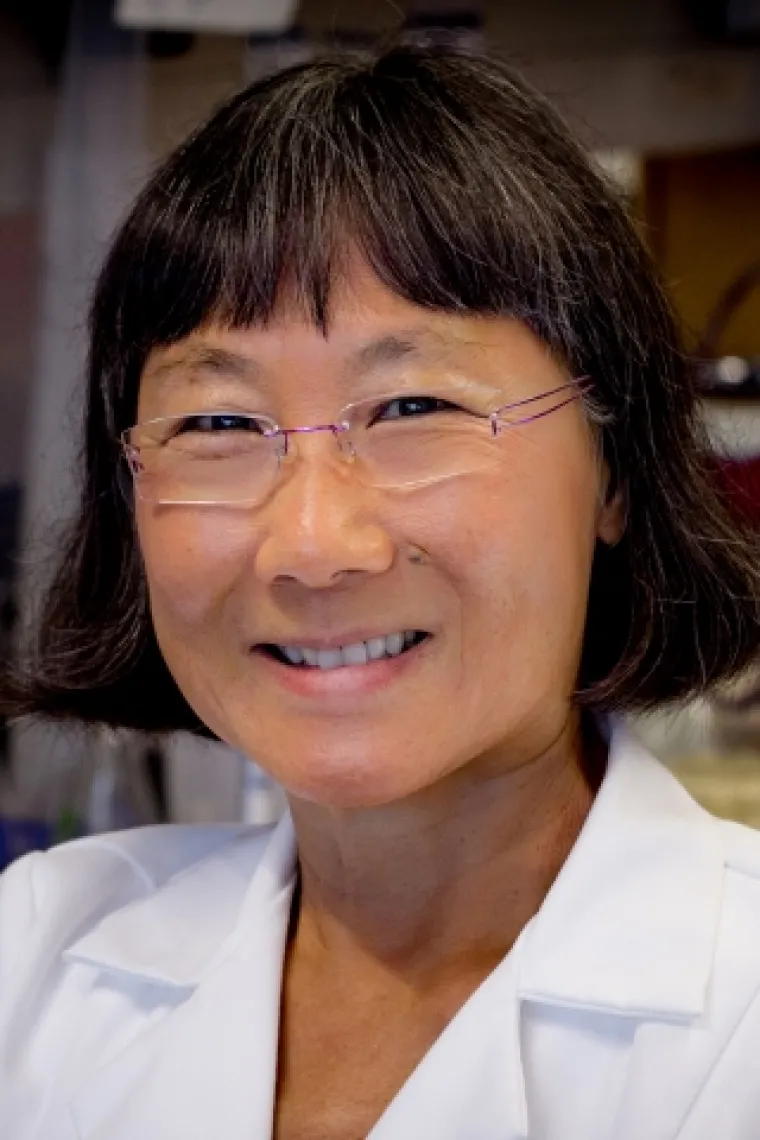Magdalene Yh So, PhD

Maggie So began her independent research career at Cold Spring Harbor Labs, then the Scripps Research Institute. During this period she developed her program on the molecular mechanisms of antigenic variation in the pathogenic Neisseria. In 1993, she became chair of the Molecular Microbiology Department at Oregon Health Sciences University, where she gathered a group of highly collaborative scientists interested in the various facets of microbial pathogenesis. It was here that she developed her program on the cell biology of Neisseria pathogenesis, and on the role played by the Type IV pilus in host cell signaling. In 2007, she joined the BIO5 Institute and the Department of Immunobiology at University of Arizona, where she spearheads the Microbial Pathogenesis program and continues her research on the Type IV pilus, and where she began a program on commensal Neisseria. Research Interests The majority of pathogens enter the body via the mucosal surfaces. We are interested in how bacteria overcome defenses at this barrier. In particular, we study two closely related pathogens, Neisseria gonorrhoeae and Neisseria meningitidis. Our goals are to understand how the neisserial type IV pilus (Tfp) functions in infection, and to identify other determinants that promote attachment, invasion, and intracellular survival. We have also developed a research program on commensal species of Neisseria. In particular, we are interested in the role of the ubiquitous type IV pilus in commensal-host interactions. Our studies use a combination of experimental approaches, including genomics, cell signaling and trafficking, biophysics and high-resolution microscopy.

